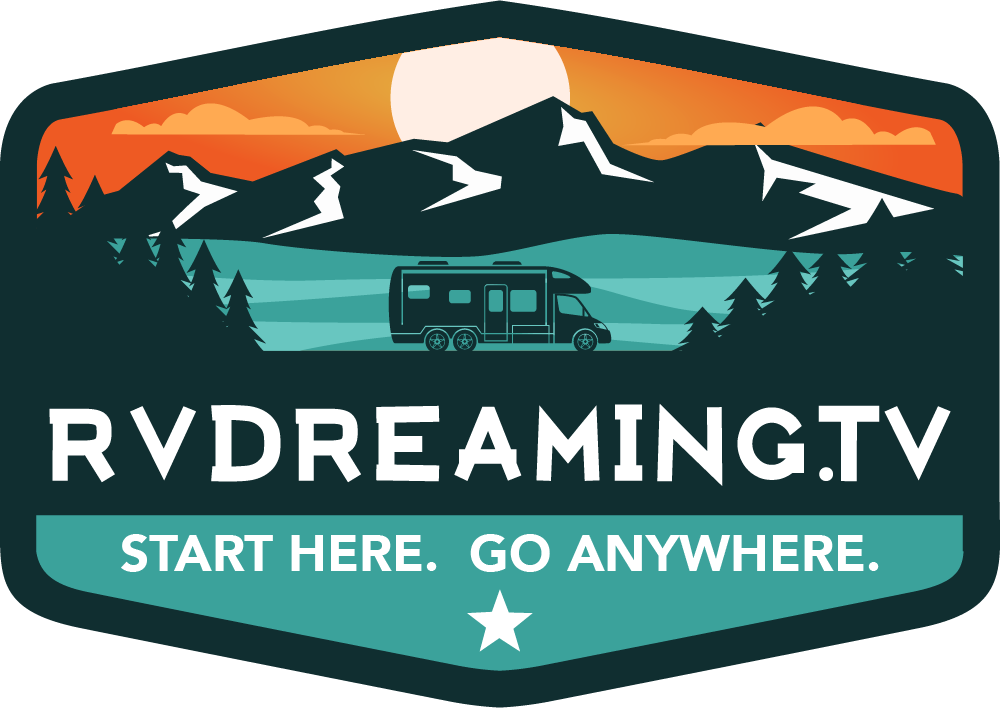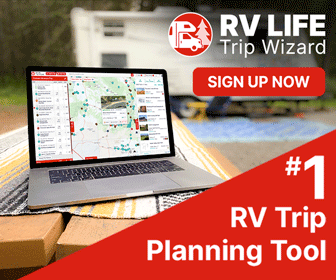
In this article, you will learn:
- How to negotiate the best price when buying an RV
- Tips and strategies for haggling with RV dealerships
- How to research, establish a budget, learn about discounts, negotiate extras, and more
Are you in the market for a recreational vehicle (RV)? Whether you’re a seasoned camper or new to the world of RVs, one thing is certain: you want to get the best deal possible.
Negotiating the price of an RV can seem intimidating, especially if you’re a first-time buyer. But with a little knowledge and some negotiation strategies, you can confidently haggle for the best price on your dream RV.
Do your research
Researching the RV market before you start negotiations is crucial to getting a good deal. ook up the prices of similar RVs online, visit multiple dealerships, and read reviews.
This will give you a good idea of what RVs in your price range and desired features are available, as well as the going rate for these RVs. You can also ask friends or family members who own RVs for their recommendations and advice.
Know your budget
It’s important to have a clear budget in mind before you start negotiations. This will help you stick to your financial limits and avoid overpaying.
Make sure to factor in additional costs such as insurance, maintenance, and fuel expenses.
Don’t be afraid to share your budget with the seller – this can help them understand your constraints and potentially offer a better deal.
Be flexible during negotiations
If you have some wiggle room in your budget, consider offering a slightly lower price than what you’re willing to pay.
This can help kickstart negotiations and give you some negotiating leverage. Just be careful not to lowball the seller too much, as this can be seen as disrespectful and may harm your chances of getting a good deal.
Don’t be afraid to walk away
If the dealership isn’t willing to budge on price or if you feel uncomfortable with the deal, don’t be afraid to walk away.
There are plenty of RVs out there, and it’s not worth overpaying for one or getting stuck with a bad deal.
Remember that you are in control of the negotiation and you don’t have to settle for a deal that doesn’t feel right to you.
Ask about discounts
Dealerships often have discounts or incentives available, so be sure to ask about them during negotiations.
These can include things like financing deals, extended warranty offers, or special promotions.
Don’t be afraid to ask if there are any discounts available – it never hurts to ask!
Negotiate extras
In addition to negotiating the best price for the RV itself, there are often additional costs such as delivery fees and taxes. Make sure to negotiate these as well to get the best overall deal.
You can also try negotiating for additional perks or accessories, such as a GPS system or bike rack.
If the seller is unwilling to budge on the price, they may be more open to adding on extra features or perks to sweeten the deal.
Check online groups and talk to current owners:
In addition to researching the RV market and visiting multiple dealerships, consider joining online groups or forums for RV enthusiasts.
These groups can be a great resource for getting advice and information on different models, as well as finding out about any discounts or promotions.
You can also reach out to current owners of the same model you are interested in buying and ask them about their experiences with the RV and any negotiating tips they may have.
Talking to current owners can give you a more realistic perspective on the costs and maintenance of owning an RV, which can be helpful in your negotiations.
Consider using in-house financing
Many RV dealerships offer in-house financing options, which can be a great way to secure a better price on your RV.
By financing through the dealership, you may be able to negotiate a lower interest rate or other favorable terms.
It’s always a good idea to shop around and compare rates from multiple lenders, but financing through the dealership can be a convenient and potentially cost-effective option.
Just be sure to carefully review the terms of the loan and make sure it’s the best option for your financial situation.
Understand typical markups
It’s important to understand that RVs, like many other consumer products, often have a markup built into the price. This markup can vary, but it’s typically in the range of 10-20% for new RVs.
Understanding this markup can be helpful in your negotiations, as it gives you a sense of how much room there may be to haggle.
It’s also worth noting that higher-priced RVs, such as Class A motorhomes, may have larger markups and therefore more room for negotiation compared to smaller travel trailers or Class B RVs.
Conclusion
By following these tips, you’ll be well on your way to negotiating the best price on your new RV.
Don’t be afraid to haggle and advocate for yourself – with a little bit of confidence and some careful planning, you can score a great deal on the RV of your dreams.

















RECENT COMMENTS